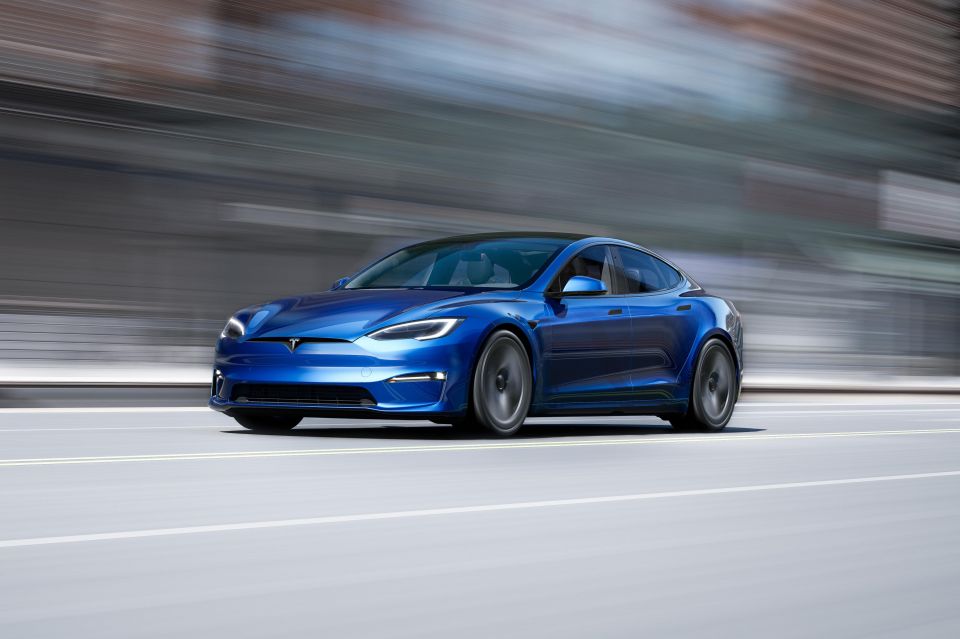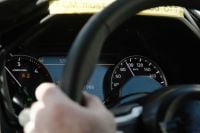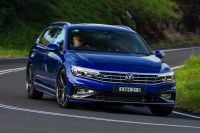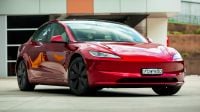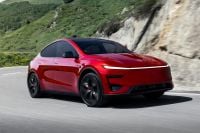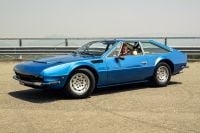
News Editor
Tesla has started opening its Supercharger network to other companies, and now its CEO says he’s happy to licence some of the company’s key pieces of technology.
“Tesla aspires to be as helpful as possible to other car companies,” said CEO Elon Musk on Twitter.
“Also happy to license Autopilot/FSD or other Tesla technology.”
It’s not the first time Tesla has made its technology available to others, having announced back in 2014 it would be open-sourcing all its patents.
Tesla’s Autopilot was first introduced in 2014, though it didn’t gain its adaptive cruise control and lane-centring linchpins until 2016.
The company began rolling out its so-called Full Self Driving beta in 2020.
By offering this technology under licence, Tesla can give automakers the opportunity to avoid developing their own systems from scratch or – more likely – contracting other firms to obtain similar technology.
The company has removed ultrasonic sensors and radar from its vehicles in favour of a camera-only set-up it calls Tesla Vision, which powers the two Level 2 autonomous driving features.
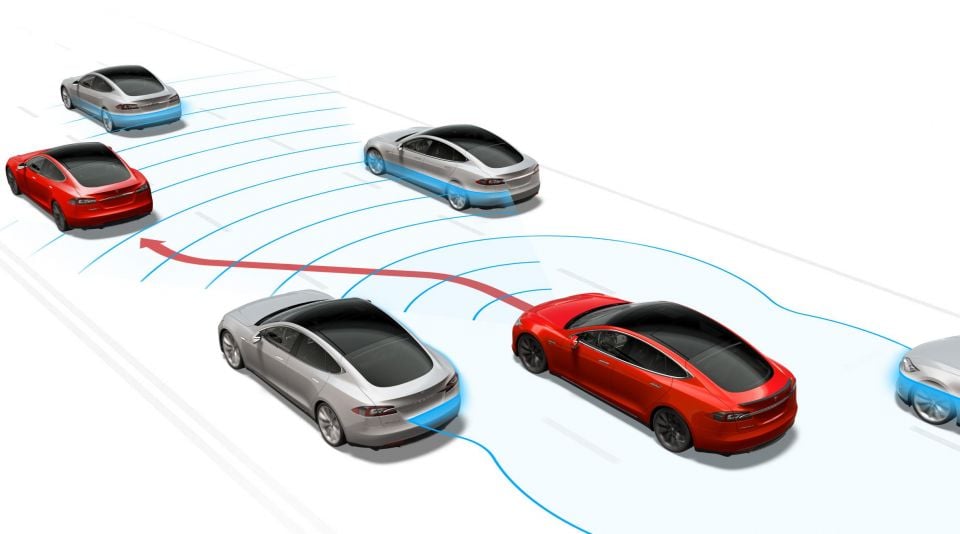
The Autopilot and FSD systems have endured a barrage of criticism as well as legal action and regulatory oversight regarding their effectiveness.
Just this year:
- German newspaper Handelsblatt received a massive data dump with thousands of customer complaints about Autopilot from between 2015 and early 2022
- The Washington Postpublished a story saying Mr Musk had removed radar to cut costs, resulting in an uptick in “phantom braking” reports
- A recall was issued in the US for 362,758 vehicles with FSD Beta as they could “infringe upon local traffic laws”
- The head of Tesla’s Autopilot program testified a 2016 video demonstrating Autopilot was staged

This is in addition to two ongoing investigations by the National Highway and Traffic Safety Administration, a US regulator.
One of these is in the engineering analysis stage and is looking at crashes with stationary emergency vehicles, while the other is looking at phantom braking reports.
The agency confirmed it’s investigating the 17th fatal crash involving Autopilot, after a Model S collided with a parked fire truck in Contra Costa County, California in February.
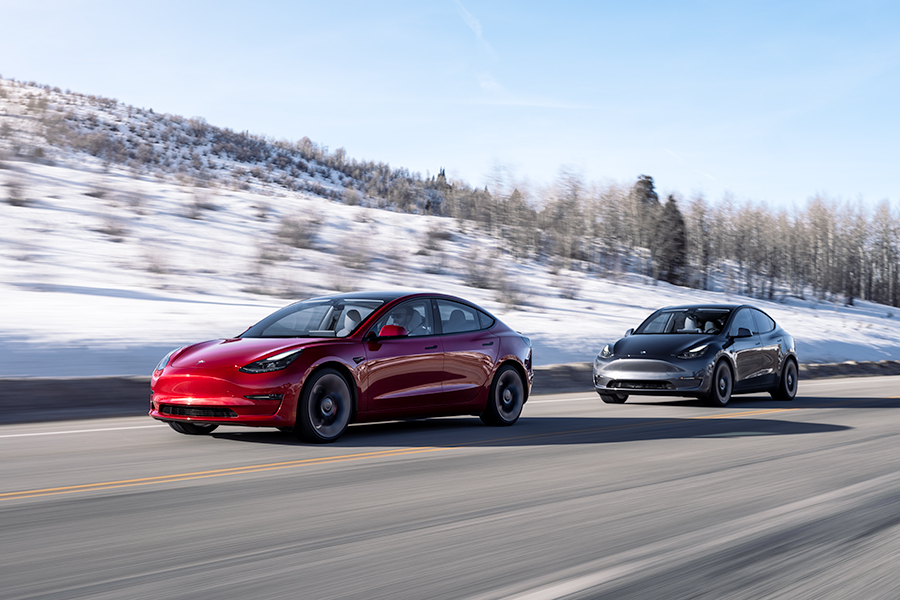
Shareholders also recently filed a proposed class action suit against Tesla in federal court in San Francisco, arguing they had been defrauded by the company with false and misleading statements on technology that “created a serious risk of accident and injury”.
Tesla is also reportedly the subject of a US Department of Justice probe, reportedly examining whether Tesla misled consumers, investors, and regulators by making unsupported claims about the capability of its driver assist technology.
In one reprieve for Tesla, a California jury found in favour of Tesla earlier this year in a case involving its Autopilot system.
Trusted Reviews, Smarter Choices, Better Prices
Where expert car reviews meet expert car buying – CarExpert gives you trusted advice, personalised service and real savings on your next new car.
William Stopford is an automotive journalist based in Brisbane, Australia. William is a Business/Journalism graduate from the Queensland University of Technology who loves to travel, briefly lived in the US, and has a particular interest in the American car industry.
You might also like


James Wong
2025 Mazda CX-5 G25 Touring AWD review
5 Days Ago


Max Davies
2025 GWM Haval H7 review
4 Days Ago
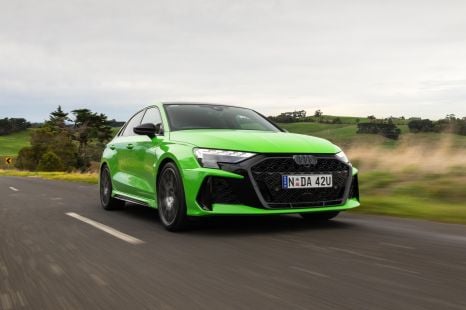

Josh Nevett
2025 Audi RS3 review
3 Days Ago
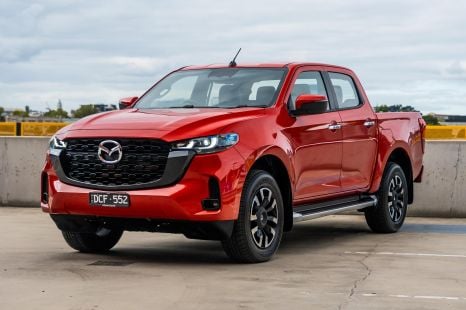

Josh Nevett
2025 Mazda BT-50 GT review
2 Days Ago
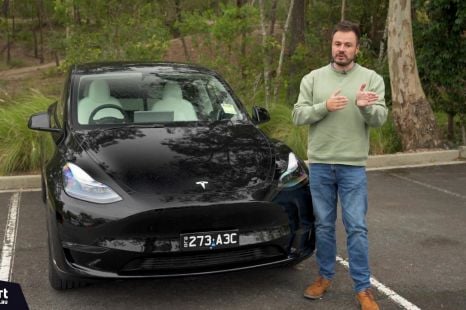

Paul Maric
This Tesla self-drove me 50km to Bunnings on its own (almost)
1 Day Ago
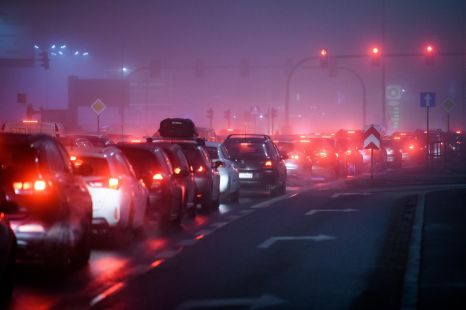

Damion Smy
Traffic pollution kills more people than car crashes in Australia – study
20 Hours Ago
